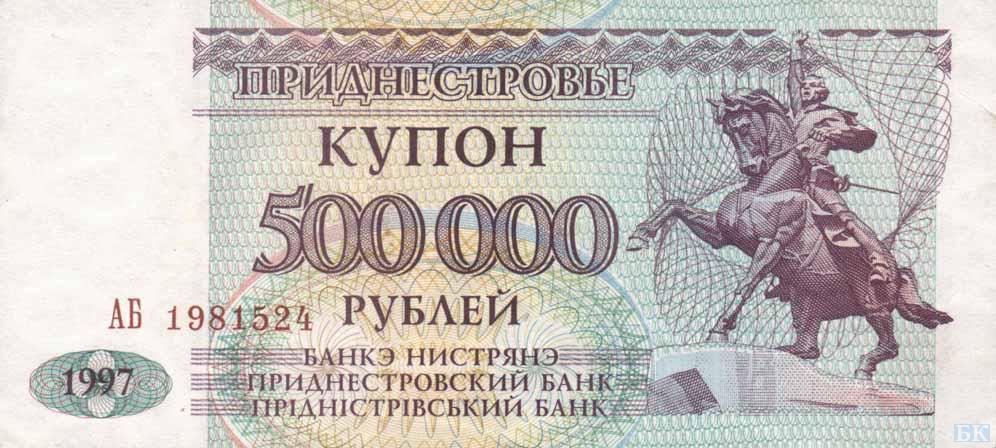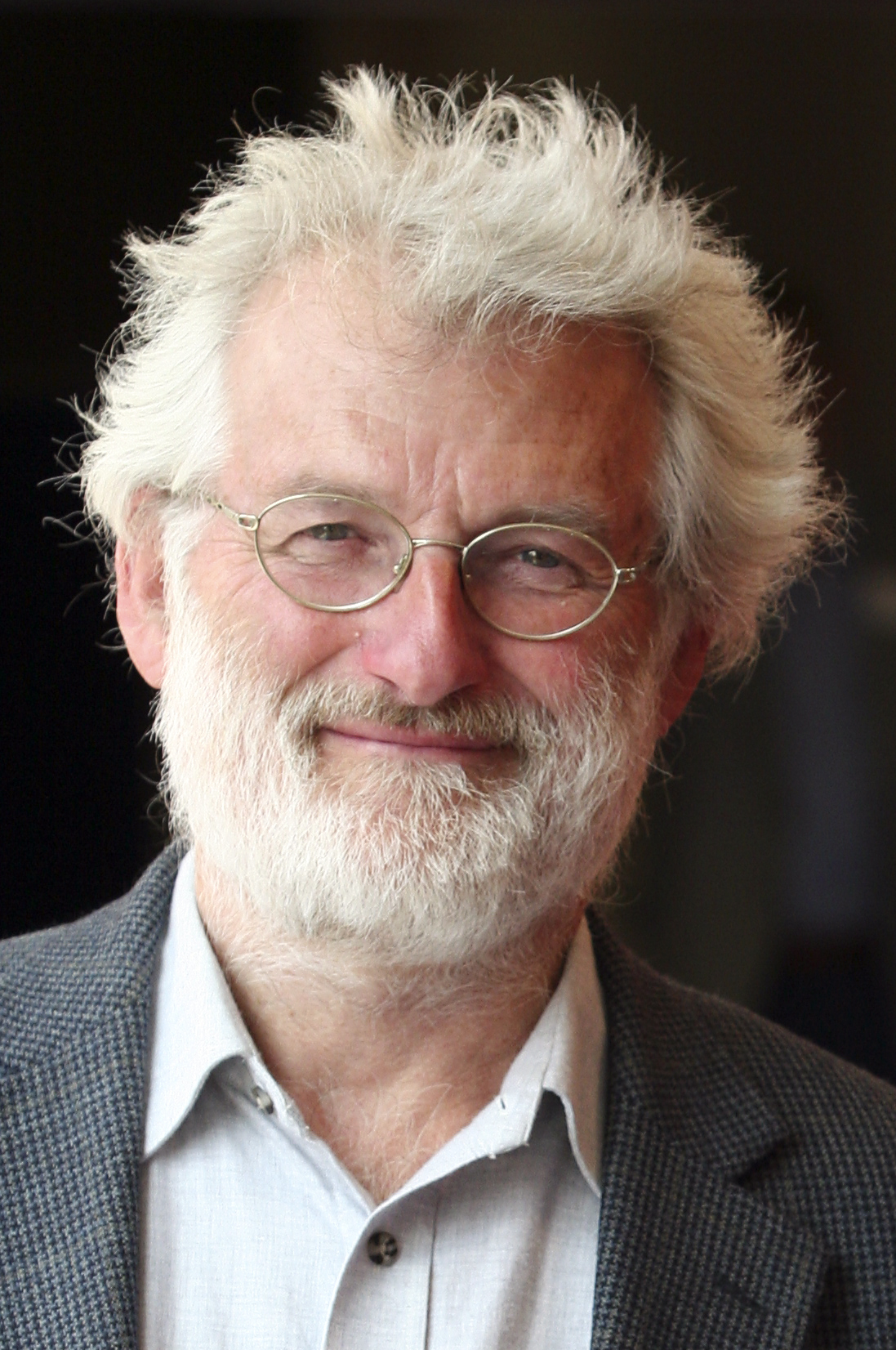Post-quantum cryptography Updated 2025-07-16
Encryption algorithms that run on classical computers that are expected to be resistant to quantum computers.
This is notably not the case of the dominant 2020 algorithms, RSA and elliptic curve cryptography, which are provably broken by Grover's algorithm.
However, as of 2020, we don't have any proof that any symmetric or public key algorithm is quantum resistant.
Post-quantum cryptography is the very first quantum computing thing at which people have to put money into.
The reason is that attackers would be able to store captured ciphertext, and then retroactively break them once and if quantum computing power becomes available in the future.
There isn't a shade of a doubt that intelligence agencies are actively doing this as of 2020. They must have a database of how interesting a given source is, and then store as much as they can given some ammount of storage budget they have available.
A good way to explain this to quantum computing skeptics is to ask them:Post-quantum cryptography is simply not a choice. It must be done now. Even if the risk is low, the cost would be way too great.
If I told you there is a 5% chance that I will be able to decrypt everything you write online starting today in 10 years. Would you give me a dollar to reduce that chance to 0.5%?
Updates Getting a list of all currencies from Wikidata with SPARQL Created 2024-11-18 Updated 2025-07-16
This one was way harder than my previous fun with "find the oldest people who won a given prize" (Nobel Prize/Oscar) mastodon.social/@cirosantilli/112689376315990248 because unlike those prizes where all the decisions are centralized, countries are much more complicated beasts, with changing currencies and international recognition.
This was a good experience to see a few ways in which Wikidata is inconsistent, with the same concept being expressed in multiple different ways, e.g. "end time" property of the current vs the superior "end time" qualifier.
Particularly bad is the notion of a "deprecated rank", that should really not exist.
This is exactly the type of semi interactive data munching that I like to do, a bit in the same vein as CIA 2010 covert communication websites and Cool data embedded in the Bitcoin blockchain.
As you might imagine, the secret services use exactly this type of knowledge modelling to do their dirty business, e.g. Gaffer by the GCHQ.
This is the best monstrosity I had the patience to come up with:It got quite close to the ISO 4217 list.
SELECT
?currency
(GROUP_CONCAT(DISTINCT ?currencyIsoCode; SEPARATOR=", ") AS ?currencyIsoCodes)
?currencyLabel
(GROUP_CONCAT(DISTINCT ?countryLabel; SEPARATOR=", ") AS ?countries)
WHERE {
?country wdt:P31/wdt:P279* wd:Q6256. # is country
?country p:P38 ?countryHasCurrency.
?countryHasCurrency ps:P38 ?currency.
?countryHasCurrency wikibase:rank ?countryHasCurrencyRank.
OPTIONAL {
?currency p:P498 ?currencyHasIsoCode.
?currencyHasIsoCode ps:P498 ?currencyIsoCode.
}
FILTER NOT EXISTS {?country wdt:P576 ?countryAbolished}
FILTER NOT EXISTS {?currency wdt:P576 ?currencyAbolished}
FILTER NOT EXISTS {?currency wdt:P582 ?currencyEndTime}
FILTER NOT EXISTS {?countryHasCurrency pq:P582 ?countryHasCurrencyEndtime}
FILTER (?countryHasCurrencyRank != wikibase:DeprecatedRank)
FILTER (!bound(?currencyHasIsoCode) || ?currencyHasIsoCode != wikibase:DeprecatedRank)
# TODO makes query take timeout? Why? Needed to exclude PLZ.
FILTER NOT EXISTS {?currencyHasIsoCode pq:P582 ?currencyHasIsoCodeEndtime}
SERVICE wikibase:label {
bd:serviceParam wikibase:language "[AUTO_LANGUAGE],en".
?currency rdfs:label ?currencyLabel .
?country rdfs:label ?countryLabel .
}
}
GROUP BY ?currency ?currencyLabel
ORDER BY ?currencyIsoCodes ?currencyLabelI was drawn into this waste of time after I noticed that someone had managed to create the Wikipedia of PsiQuantum which I had tried earlier but got deleted: mastodon.social/@cirosantilli/113488891292906243, and then I made the mistake of having a look at the Wikidata page of PsiQuantum.
500,000 Transnistrian ruble banknote 1997 series
. This is one of the most widely used currencies which does not have an ISO 4217 code.Announcements:
I also had one more fun with: opendata.stackexchange.com/questions/15750/structured-data-for-nobel-prizes/21847#21847 getting some basic info about Nobel Prize winners, and noticed one, John Sulston, 2002 Nobel Prize in Physiology and Medicine laureate, who likely has the wrong place of birth on his Nobel Prize profile: www.nobelprize.org/prizes/medicine/2002/sulston/facts/ which is funny. I suggested the change now. Edit they fixed it after I pointed it out:
Another highlight was 1913 Nobel Prize in Chemistry laureate Alfred Werner who born either in Mulhouse in Alsace, France, or in "Yo no sé qué me pasó" ("I don't know what happened to me" in Spanish), a 1986 song by Mexican singer Juan Gabriel.
Announcements:
Also at opendata.stackexchange.com/questions/21849/how-to-get-a-list-of-all-nobel-prize-winners-who-never-had-a-doctorate-from-wiki/21850#21850 I tried to get the list of Nobel Prize laureates who don't have a PhD. I think the query was correct, but Wikidata data is just too incomplete. Related:

